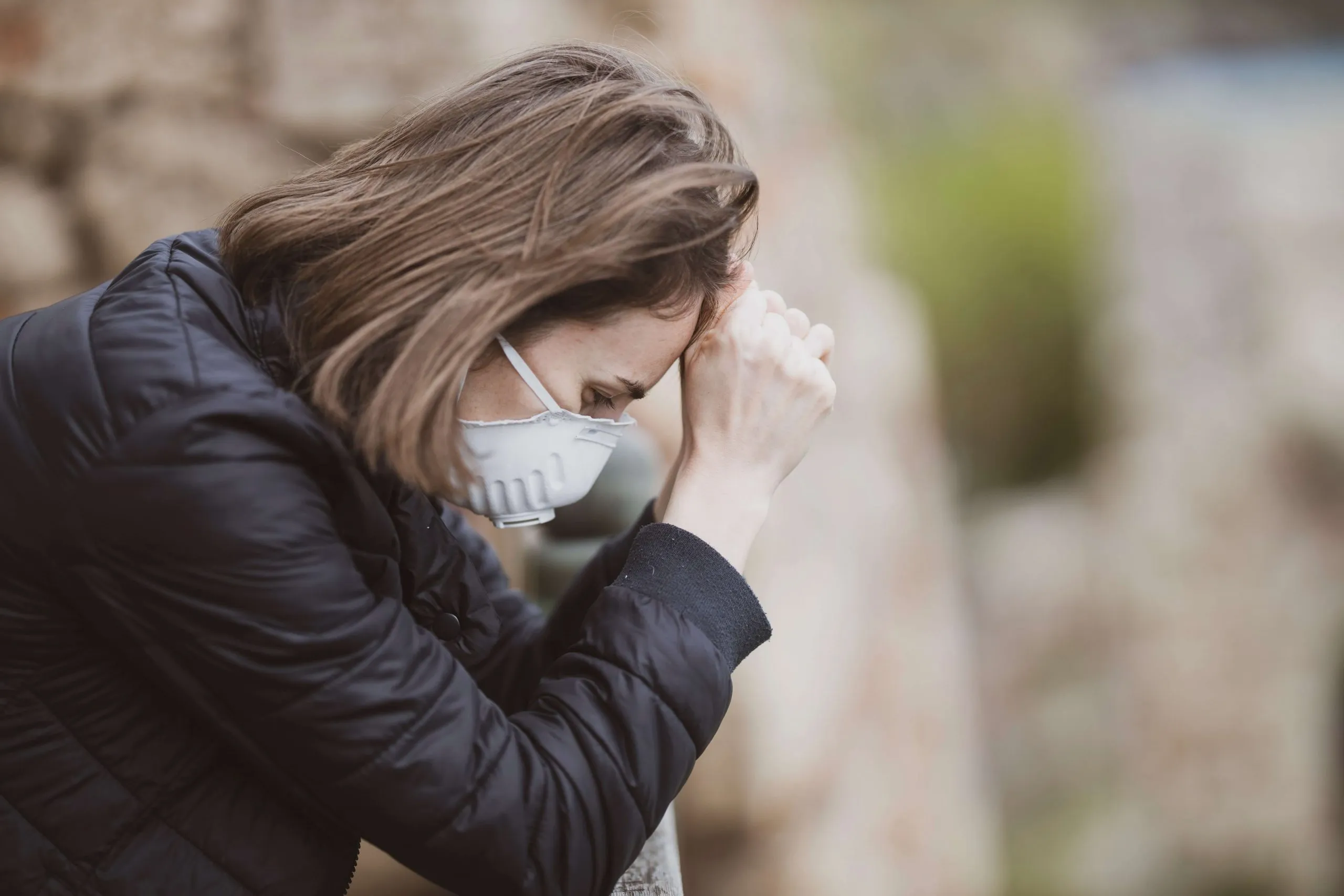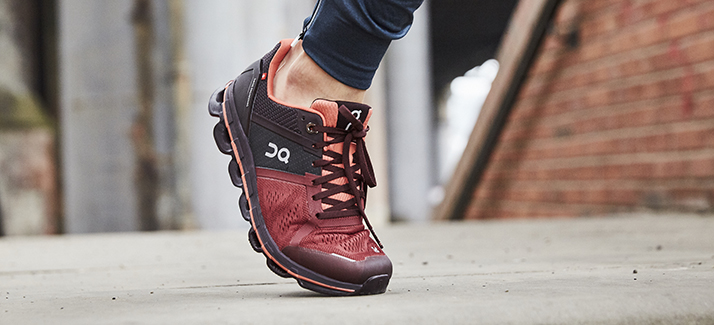The stress of waking up with anxiety is frequently felt more strongly in the morning on a daily basis. The burden of having to finish the day’s tasks may feel overwhelming when you first get up, and biologically, your hormones can make that tension feel worse.
Even though there isn’t much research on morning anxiety, many mental health professionals encounter it in their daily work.
Many people find comfort in knowing there is a syndrome and that what they are feeling is not unique to them.
Here we discuss signs, causes and how to stop waking up with anxiety.
What Causes Morning Anxiety?
Anxiety very first thing in the morning might make your day very difficult. Right from the jump, you’re trapped with the heavy weight of worry and dread. Typical signs of morning worry include:
- Sensing that your day is destined to fail from the start
- Feeling worn out despite having just woken up.
- Having trouble getting out of bed.
- Trouble concentrating and focusing
- Shallow, rapid breathing
- Quick heartbeat
- Perspiring
The Logical Reaction
The most prevalent idea of waking up with worry centers around the stress hormone cortisol. Our brain and body will respond to stress in a way that is designed to protect us. Despite the fact that we no longer face the same kinds of risks that our ancestors faced, stress causes our bodies and brains to respond as though we are being attacked.
As a result, when we are under stress, we release more stress chemicals like cortisol and adrenaline. The effects of adrenaline include a rise in heart rate, blood pressure, and energy levels. The main stress hormone in the body is cortisol. It works by increasing the amount of glucose that is released into the blood and improving how well the brain uses those carbohydrates to increase alertness and get us ready to defend ourselves.
Waking up with Anxiety Symptoms
Here are the symptoms we experience while waking up with anxiety;
#1. Work, Home, or School-Related Stress
Common stresses in life include taking care of your family, finishing a massive workload, making ends meet, and planning for the future. Your limbic system interprets stressors as threats, which might cause you to feel worried as soon as you wake up every morning.
#2. Abuse of Drugs
If you use or abuse alcohol or drugs, you may frequently wake up anxious. Although there may not be a clear link between substance use and anxiety, it is known to exacerbate the symptoms. People who drink alcohol, have experienced trauma in the past, or have anxiety issues are also more likely to develop sleep paralysis.
#3. Sleep Problems
Anxiety can be exacerbated by sleep problems such as insomnia, sleep apnea, and narcolepsy.
Awakening from episodes of sleep paralysis can be quite frightening, and they occasionally accompany hallucinations of an intruder in the house. This severe sleep disruption occurs during REM sleep, when you are half awake but unable to move your muscles, and it might cause anxiety in the morning.
#4. Relationship Difficulties
According to some research, the energy in a relationship may have an impact on how soundly you sleep at night and how relaxed and rested you feel when you get up in the morning.
#5. Health-Related Issues
Being stressed is normal if you have a chronic health issue. People with heart disease, diabetes, cancer, asthma, hypertension, and other significant medical conditions frequently experience anxiety. When you have a significant medical condition, it can be typical to wake up in the middle of the night or early in the morning feeling anxious.
#6. Economic Strain
For many individuals, worrying about money is a common source of stress. It’s not irrational to worry about how or when you’ll be able to pay your rent, buy groceries, or pay your bills in the morning, especially if you’re insecure financially.
#7. Mental Health Issues
Mental health issues can have a significant impact on our psyches, just like physical health issues can. Living with depression, bipolar disease, or any mental illness might make you anxious all the time, even in the morning.
Why Do I Wake Up with Anxiety Attack
You might be having a midnight panic or anxiety attack if you wake up with one.
Because you were asleep when the events started, you can wake up feeling confused or scared by the symptoms, which include perspiration, a quick heartbeat, and rapid breathing.
You can take action to lessen the severe discomfort or dread and other symptoms, much like during daytime anxiety attacks.
If they occur frequently, you might be able to locate medications that might completely halt anxiety episodes. For more information about anxiety attacks that wake you up, continue reading.
What Occurs Throughout Anxiety Attack?
At whatever time of day, there are three main groups of panic attack symptoms. You must experience four or more of these various symptoms all at once for it to be an anxiety attack.
Physical signs
- Sweating
- Chills
- Nausea
- Chest tightness
- Feeling lightheaded or shaky
- Tremors or trembling
- Feeling lightheaded or dizzy
- Excessive breathing
- Chest ache or discomfort
- tingling or numbness in the extremities
- bursts of heat or chills
Emotional Signs
- A sudden fear of passing away
- Apprehension of losing control
- Worry about being attacked
- Mental health issues
- A sensation of suffocation or choking
- Depersonalization and derealization, are feelings of being cut off from oneself or reality.
How to Stop Waking Up with Anxiety
#1. Recognize Your Anxieties
Instead of accepting your morning worry as an inevitable part of life, you may take action to alleviate it by being aware of it.
The first step towards giving a problem the attention it deserves and toward improvement is realizing the problem and its cause.
#2. Take Breakfast
After fasting all night, low blood sugar is typical in the morning and can result in symptoms like sweating and unfavorable emotions that may resemble anxiety.
Many foods that are suitable for breakfast include magnesium, including:
- Nuts such as hazelnuts, cashews, and almonds
- Bran cereals and other whole grains, such as those found in oatmeal and whole grain bread
- Fish particularly smoked salmon
Eating a healthy meal shortly after waking up can also assist you in managing your anxiety and reducing symptoms.
Having generally sound eating practices is one way to deal with worry. “It is crucial because anxiety is a sensation of losing control, and having things we can control helps lessen the worry.”
#3. Use Caffeine with Caution
According to some studies, those who suffer from anxiety disorders are especially vulnerable to the effects of caffeine, which is thought to make anxiety symptoms worse.
Caffeine encourages and heightens anxiety. You might wish to cut back on or completely forgo your morning coffee. In its place, it’s more ok switching to decaf coffee, black tea, or drinking a glass of lemon water first thing in the morning.
#4. Try to Work Out
Regular exercise can help you feel less anxious by regulating your central nervous system.
Morning workouts can be very advantageous. If you’re not a morning person, you don’t have to work out in the morning because regular exercise is linked to a lower risk of anxiety at any time.
A recent study discovered that mindfulness-based workouts can be very beneficial for controlling anxiety. If you have morning anxiety, yoga is a good option to try. “Think about the breathing.” The negative thoughts are temporarily interrupted by that. It can ease tension and calm your mind so that you can relax your body. “
#5. Employ Relaxing Strategies
It’s crucial to practice these mindfulness and relaxation techniques if you desire a tranquil morning. Wake up on time. Rushing will increase your stress and anxiety. You’ll feel more in control of your morning and have more time to implement anti-anxiety measures like eating breakfast and exercising if you wake up a little earlier.
- Meditate for five minutes: Studies have shown that early morning meditation can help people feel less anxious even for five minutes.
- Avoid using social media and TV: Choose classical music as your background noise if you want to reduce anxiety and improve your well-being.
#6. Establish a Morning Schedule
Having morning anxiety might make it challenging to get out of bed. Having a reliable routine for the first two hours of the day enables you to start your day and stop the unfavorable ideas that are running through your mind.
You should include actions that can lessen morning angst in your regimen. For instance:
- Make breakfast after waking up: Start your morning with a soothing, healthy meal. Consider eating oatmeal with fruit and nuts, which are high in magnesium.
- Exercise or mindfulness exercises: Take a ten-minute stroll or five minutes to meditate. To accomplish both at once, you can even practice walking meditation.
- Showers: After your workout or meditation, take a soothing, steamy shower. You can also play your favorite peaceful song or some classical music.
- Prepare: In order to avoid being rushed or under pressure from time constraints, plan your home office or commute with plenty of time to spare.
#7. Improve Your Sleep
Getting more rest the night before can also help you avoid morning anxiety. Approximately 50% to 80% of people with mental health problems have trouble sleeping, and this is particularly typical for those who suffer from anxiety disorders.
Many anxious persons have trouble falling asleep thinking about problems, wake up extremely early, and continue to ruminate.” Their anxiety level also increases when they don’t get enough sleep.
Aim for 7 to 9 hours of sleep every night for everyone. Given the connection between stress, anxiety, and insomnia, that may be challenging for those who suffer from anxiety.
Setting excellent sleeping habits might be beneficial. This comprises:
- Getting up and going to bed at the same time each day.
- Refraining from using screens right before bedtime
- Engaging in peaceful pursuits prior to going to bed, such as taking a warm bath or reading a book.
#8. Look for Help
Finally, you should seek therapy from a mental health expert if you think you may have an underlying anxiety issue or if your morning anxiety starts to limit your ability to operate.
Morning anxiety can be controlled with treatment, behavioral modifications, and medication, but cognitive behavioral therapy (CBT) is particularly effective. A qualified mental health specialist, such as a psychiatrist, psychologist, or professional counselor, can be helpful.
Make sure they have experience treating anxiety, and it’s especially useful if they are knowledgeable about cognitive behavioral therapy.
Conclusion
Anxiety in the morning is a common occurrence. You don’t have to put up with it, though. A good breakfast, frequent exercise, better sleep habits, and the practice of mindfulness are all lifestyle modifications that can ease morning anxiety.
Waking up with Anxiety FAQs
How do I stop waking up with anxiety?
Reducing Morning Anxiety: Some Tips
Two to three hours before bedtime, stay away from stimulating activities (for example, watching TV, working on your computer, exercising vigorously, and drinking caffeine).
Before going to bed, relax by doing something enjoyable like reading a book or having your lover rub your back.
Why anxiety is worse in the morning?
The first hour after awakening is when most people’s levels of the stress hormone cortisol are at their peak, keeping us alert and focused in the morning. However, if you are concerned before bed, your cortisol levels may surge, which could cause you to wake up with a racing mind.
Why do I wake up with a feeling of dread?
The fear of the morning is the anticipation of the day ahead. Our bodies naturally release the stress-related hormones cortisol and adrenaline when we awaken to provide us with the energy we need to get up and start the day.



